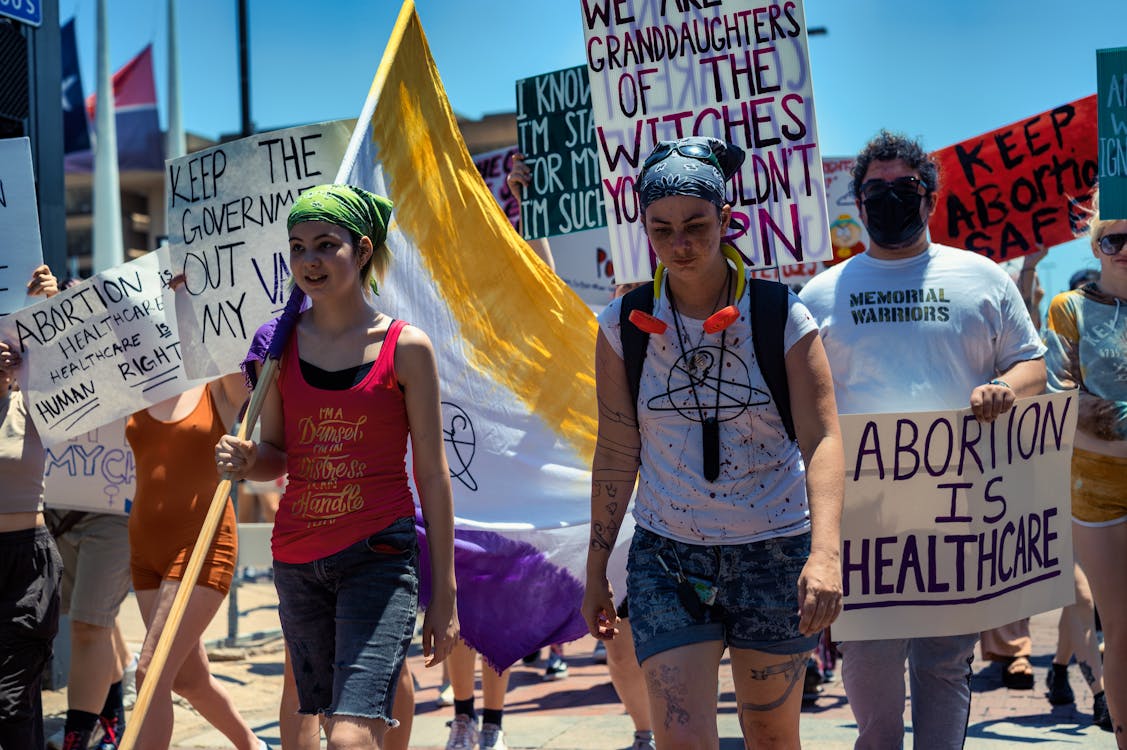Faith and Reproductive Rights: The Religious Support for Safe and Regulated Abortion
The debate over abortion rights often polarizes opinions across political and social lines. However, many religious groups advocate for safe and regulated access to abortion, emphasizing compassion, justice, and the sanctity of women’s lives. This article explores the religious perspectives that align with supporting reproductive rights and the implications of such beliefs.
Understanding the Religious Landscape
While many religious communities oppose abortion, others embrace a more nuanced understanding that prioritizes the health and well-being of women. Faith traditions that support safe and regulated abortion often do so by interpreting their teachings through the lenses of compassion, social justice, and personal autonomy.
Key Religious Groups Supporting Reproductive Rights
- United Church of Christ (UCC): The UCC has long championed reproductive rights, viewing access to safe abortion as a matter of personal choice and social justice. They emphasize that women should have the right to make decisions about their own bodies, guided by their conscience and faith.
- Religious Coalition for Reproductive Choice (RCRC): This interfaith organization includes members from various religious backgrounds advocating for reproductive rights. RCRC promotes the idea that decisions regarding abortion should be left to individuals, supported by their faith and healthcare professionals, rather than being dictated by the state.
- Judaism: Many Jewish denominations support the right to choose, grounded in the belief that preserving the life and health of the mother is paramount. The Jewish tradition often emphasizes the importance of personal responsibility and the sanctity of life, which can extend to supporting safe abortion access.
- Progressive Catholic Groups: While the official stance of the Catholic Church opposes abortion, various progressive Catholic organizations advocate for women’s health and reproductive rights. These groups argue for a more compassionate approach that considers the complexities of individual circumstances.
- Unitarian Universalism: This faith tradition strongly supports reproductive rights, emphasizing the inherent worth and dignity of every person. Unitarian Universalists advocate for safe and legal access to abortion as part of their commitment to justice and equality.
The Case for Safe and Regulated Abortion
Religious groups that support safe and regulated abortion often argue that denying access exposes women to unsafe procedures and quack practices, which can lead to severe health complications or death. They emphasize that a compassionate approach to abortion is necessary to protect women’s lives and well-being.
- Health and Safety: Many religious leaders highlight the importance of safe medical practices and argue that regulating abortion ensures that women receive appropriate care. This stance aligns with the belief that protecting life includes safeguarding women’s health.
- Moral Responsibility: Supporters contend that allowing women to make informed choices about their reproductive health reflects moral responsibility. They advocate for a framework that respects individual autonomy while providing necessary support and resources.
- Compassionate Care: Emphasizing love and compassion, these religious communities often provide support services to women facing unplanned pregnancies. They advocate for solutions that address the root causes of why women may seek abortions, including economic and social factors.
Conclusion
The support for safe and regulated abortion within various religious communities reflects a commitment to compassion, justice, and the well-being of women. By advocating for reproductive rights, these faith traditions emphasize the importance of personal choice and the need for safe medical practices. As the conversation around abortion continues, the voices of these religious groups highlight a path that respects both women’s autonomy and the moral complexities surrounding reproductive health. In doing so, they challenge the narrative that equates faith with opposition to reproductive rights, showcasing the diverse beliefs that inform discussions on this critical issue.



